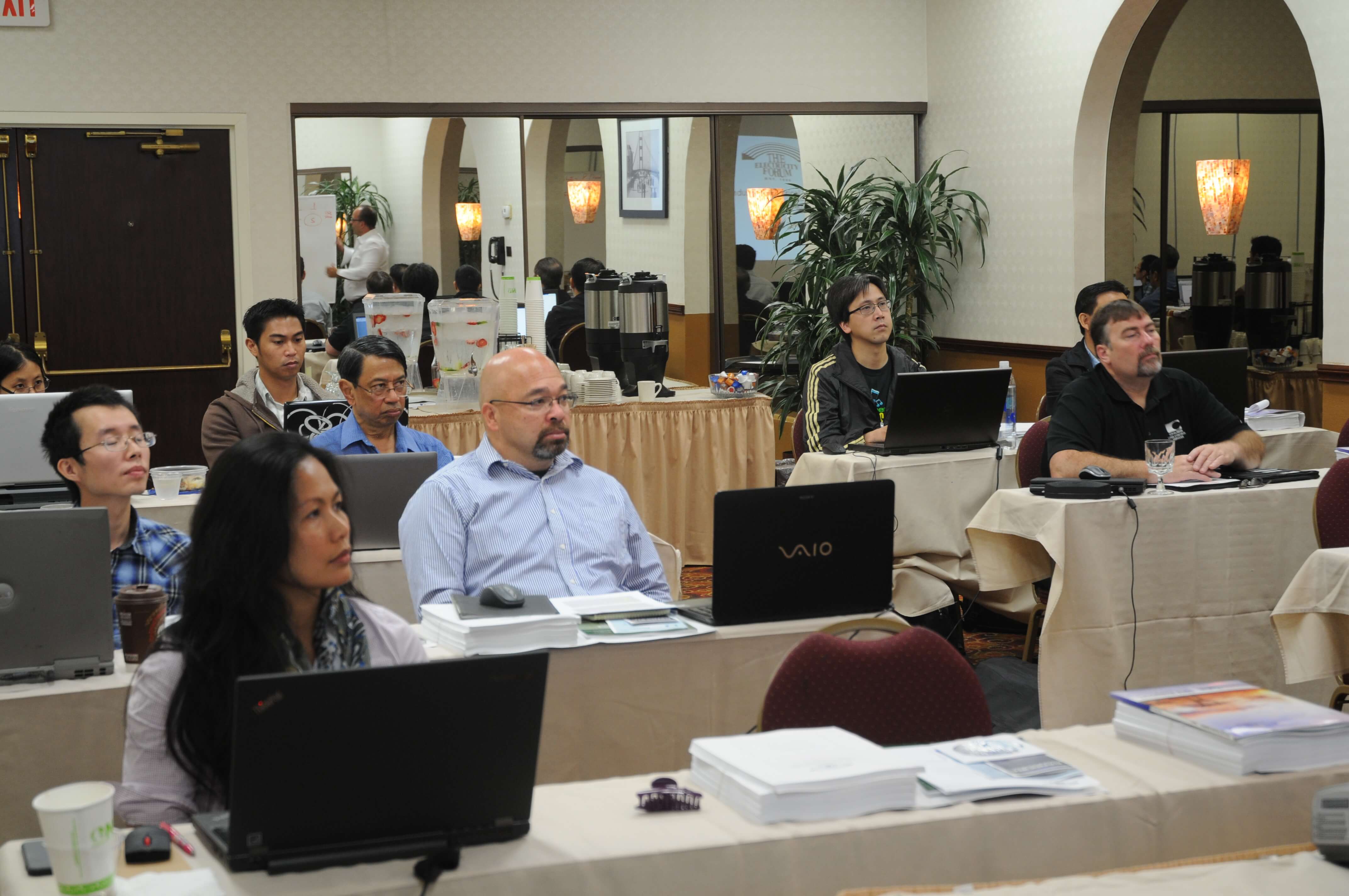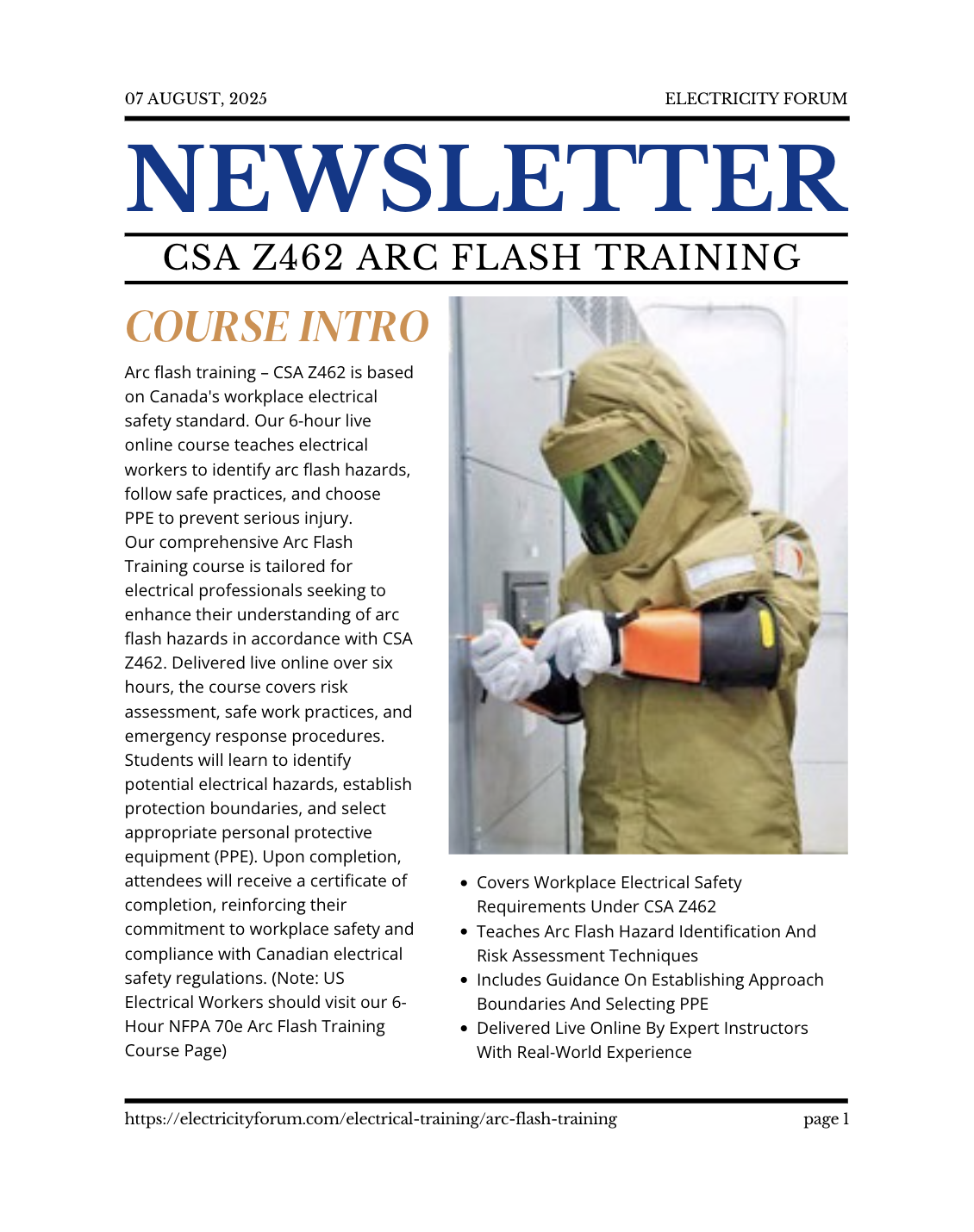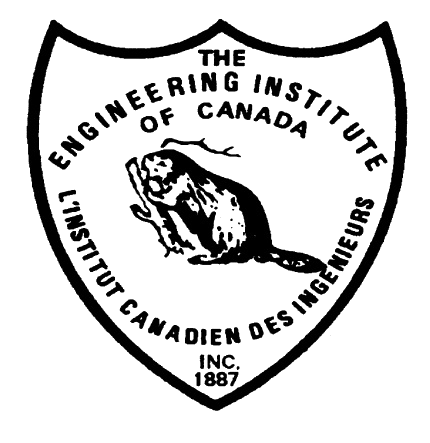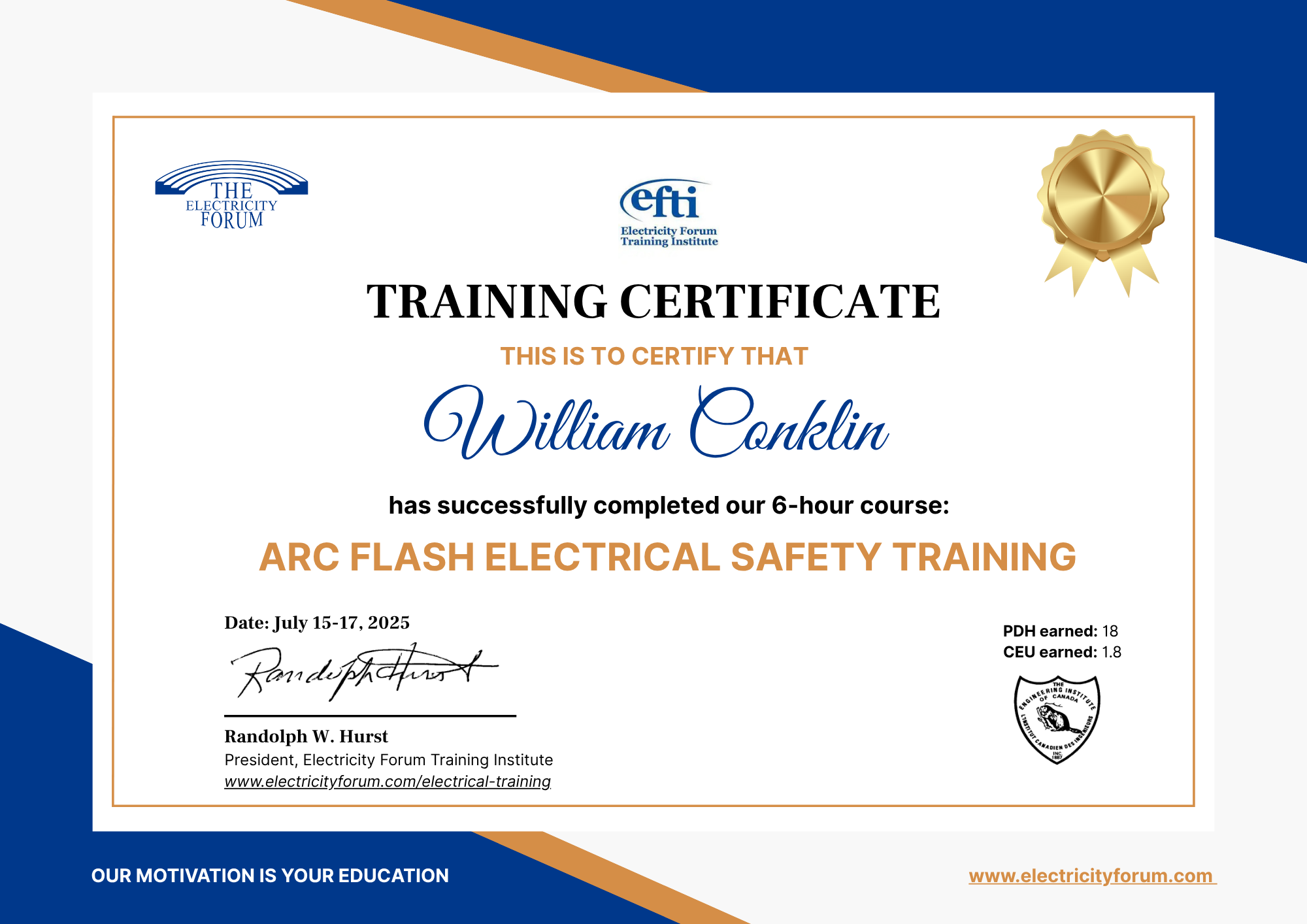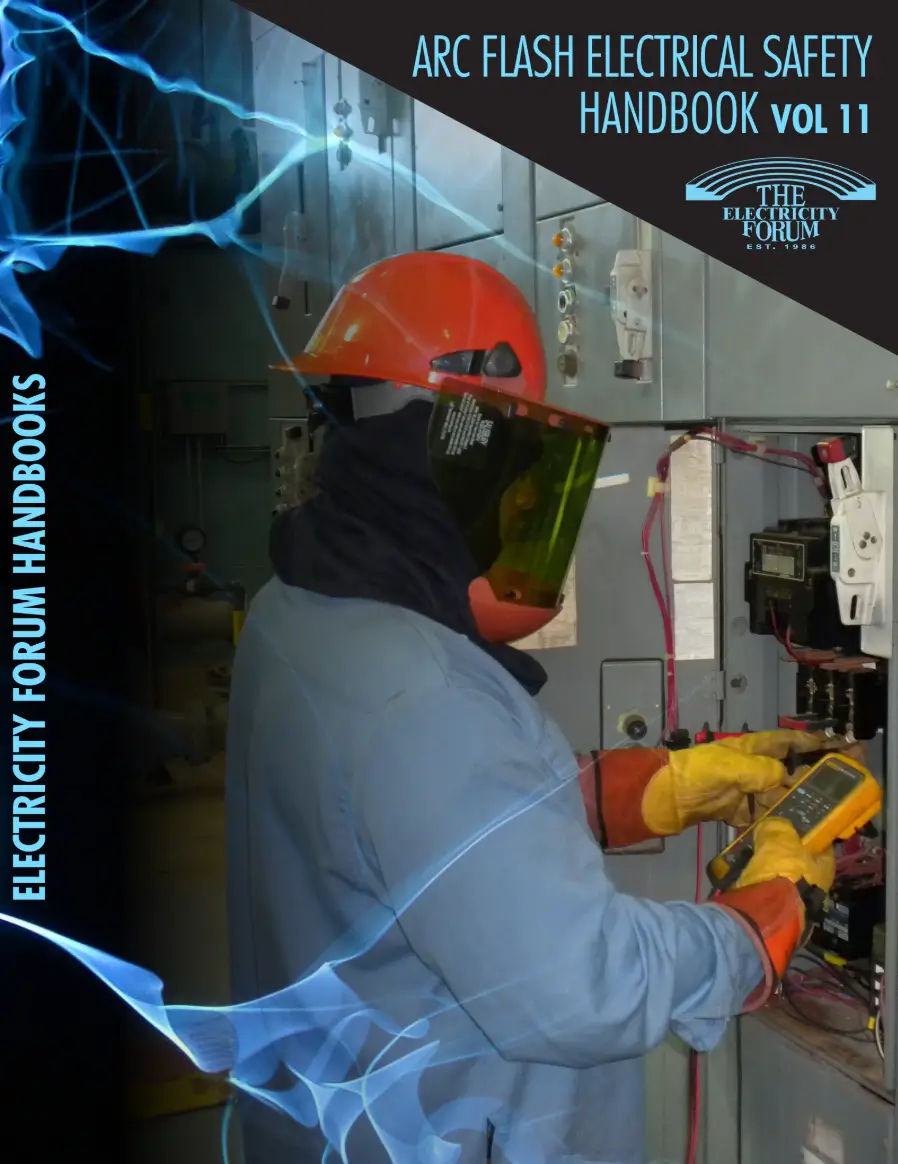Electrical Troubleshooting Training - Our 12-hour live online course teaches how important it is to establishing a preventative maintenance program. The most important thing is to maintain the uptime of electrical equipment and significantly reduce both planned and unplanned downtime. Unplanned downtime costs are difficult to calculate, but often significant. For some industries, it can represent 1 to 3 per cent of revenue (potentially 30 per cent to - 40 per cent of profits) annually.
Our course equips professionals with essential information they need to identify, analyze, and resolve electrical troubleshooting issues in industrial, commercial, and institutional settings. Students will learn to diagnose problems using proven techniques and tools, improving system reliability and reducing downtime. The course emphasizes safe practices, troubleshooting methods.
This dynamic and interactive electrical testing and troubleshooting course will review equipment necessary to perform a Site Survey, such as industry oscilloscopes and Multimeters, Power Quality Analyzers, Current Clamp meters, and Mini Infrared Thermometers.
- Learn how to perform insulation tests, insulation voltages, plus a wide range of DMM tasks with confidence and ease. Necessary for work on generators, transformers, motors, cables and switchgear.
- Learn how to accurately measure AC current without breaking the circuit
- Check for hot spots and measure temperature with the Mini non-contact thermometers.
- Measure voltage level, current balance, harmonics, power, energy, power factor, displacement power factor, determine bad or marginal circuit breakers and other electric power components.
Preventive Electrical Maintenance
Insurance claims data demonstrate that roughly half of the cost associated with electrical failures could be prevented by regular maintenance. To determine the cost of a failure, it helps to consider three key categories: Loss of income due to downtime, cost of labor to troubleshoot, repair and restart and cost of damage equipment.
Inexperience and poor planning will inevitably result in prolonged delays in electrical equipment start up which can lead to costly productivity losses. This course provides invaluable information to anyone who wishes to know and understand the role of Electrical testing and troubleshooting of electric power systems. The importance of planning and preparation for electrical testing projects, from engineering to testing, troubleshooting and commissioning and eventual start up, will be emphasized. This course deals with safety considerations and testing and troubleshooting for all the components of any electrical system.
Our Electrical Troubleshooting Training course will include practical information on how to troubleshoot:
- Generator failures
- Motor failures
- Transformer failures
- Circuit breaker/relay/fuse failures
- UPS & Battery System failures
- Cable failures
- PLC failures






